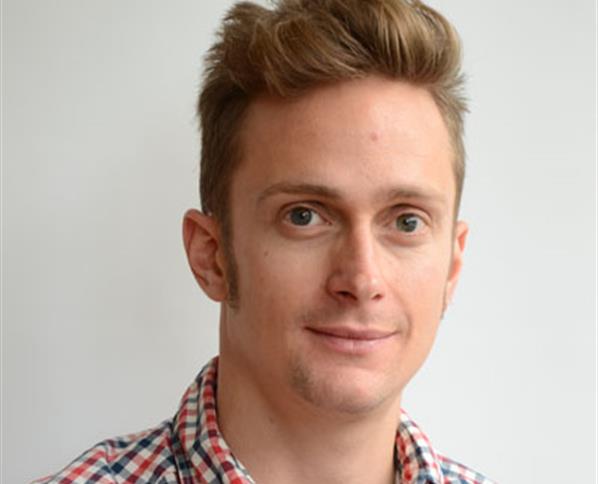
"We are IB" - Interview number 2. We interview Dr. Philip Mader who talks about his time as an IB-student.
Please, introduce yourself to us.
PM: My name is Philip Mader. I‘m 31 years old and a Research Fellow at the Institute of Development Studies in Brighton. That means I teach students at the University of Sussex and do research on questions of international development.
What were your first career steps after receiving your IB Diploma? Which university did you attend after your IB education and which university degrees were bestowed?
PM: I did the civilian service instead of military service; for German citizens there was still conscription then. After that I went to study in the United Kingdom, actually at Sussex where I‘ve coincidentally returned to, and later at Cambridge. During my studies I dabbled in quite a few jobs, including working for a development bank, a local newspaper (the Taunus Zeitung), a financial newspaper, and as a ski instructor!
What was your first job after IB and university?
PM: My first „real“ job has been as a lecturer, teaching university students after I finished my PhD.
Was your IB Diploma ever a topic in a job interview?
PM: I never really was asked much about my IB, as far as I can remember. Perhaps that‘s because it is widely acknowledged as a good degree.
How do you evaluate the IB Diploma as preparation for university? Do you think the IB Diploma is an advantage in comparison with other degrees?
PM: I think the IB has great advantages, but also some disadvantages. Compared to the German high school you focus on six subjects. But the IB allows you to specialise your knowledge more, and I always appreciated the emphasis on languages. Above all, the critical-thinking skills taught in the IB were crucial for university. I also believe it is very fair how the IB applies the same criteria to students everywhere in the world, making your chances somewhat less dependent on the grades that your teachers give.
What do you value most concerning your IB education, which elements of the IB Programme do you still remember today?
PM: As a young student I valued the teachers more than the programme, I must admit. And I disliked some aspects like the „CAS journal“ which we had to keep. What I excelled at was the Extended Essay and Theory of Knowledge; years later when my sister asked in the library for an example of an excellent Extended Essay, she was given mine!
What are the biggest challenges of the IB Programme?
PM: If „challenges“ refers to weaknesses here, I would suggest these are that there is no sports element, and that one must choose six subjects. The challenge then is to focus on, and excel at, these six subjects. You have to be able to turn your learned knowledge into good exam results at the end.
Whom would you advise to receive an IB education? What skills should a student have in order to receive the IB Diploma?
PM: The IB probably works best for students who are able to recognise what they are good at, and focus on those subjects. Language plays an important role.
Would you choose the IB Programme for your school education again?
PM: I would definitely choose it again.
Photo: (c) Dr. Philip Mader.